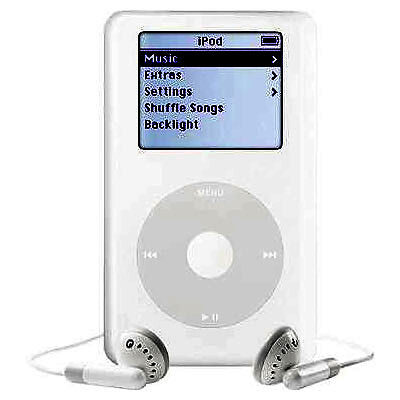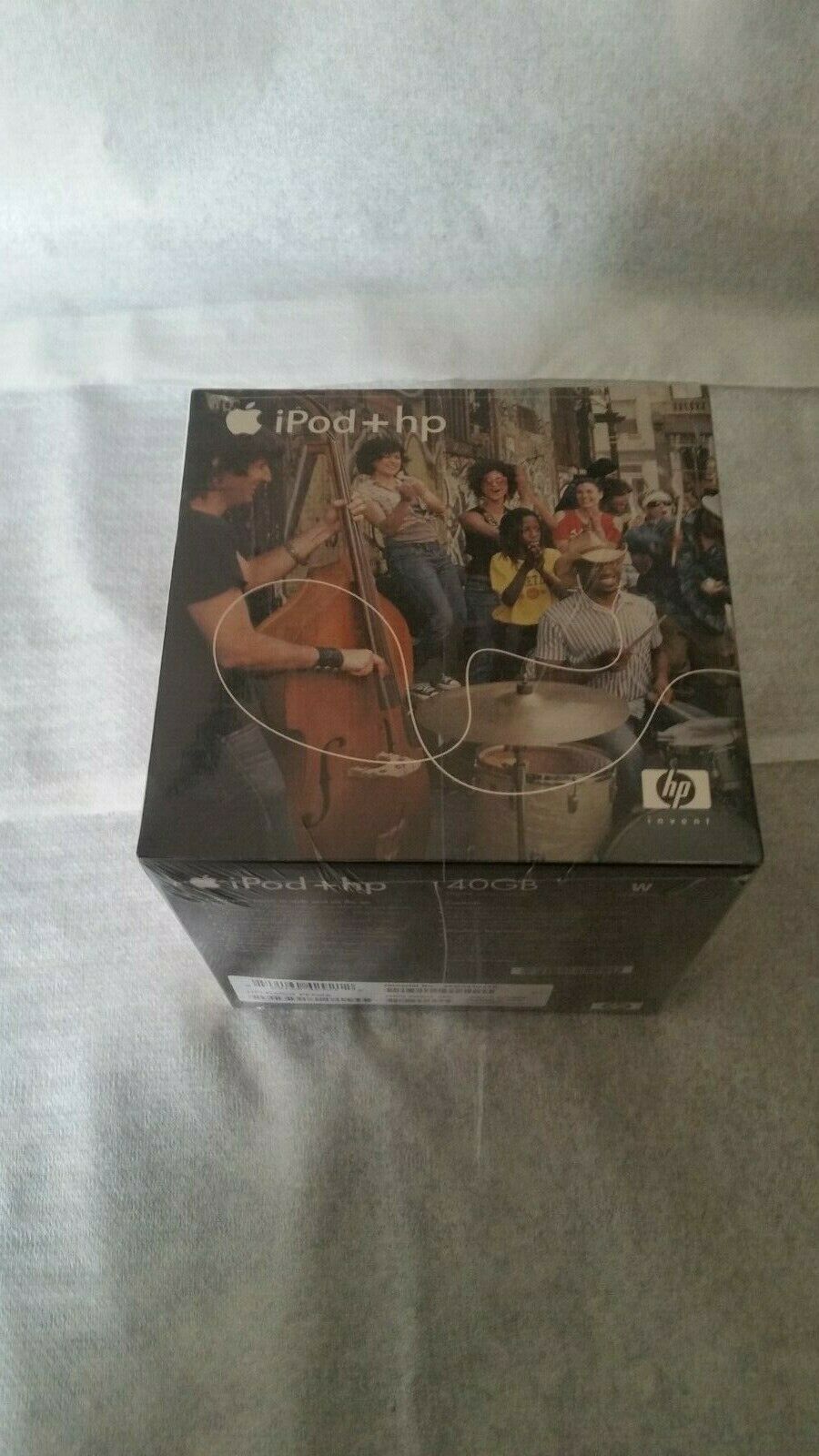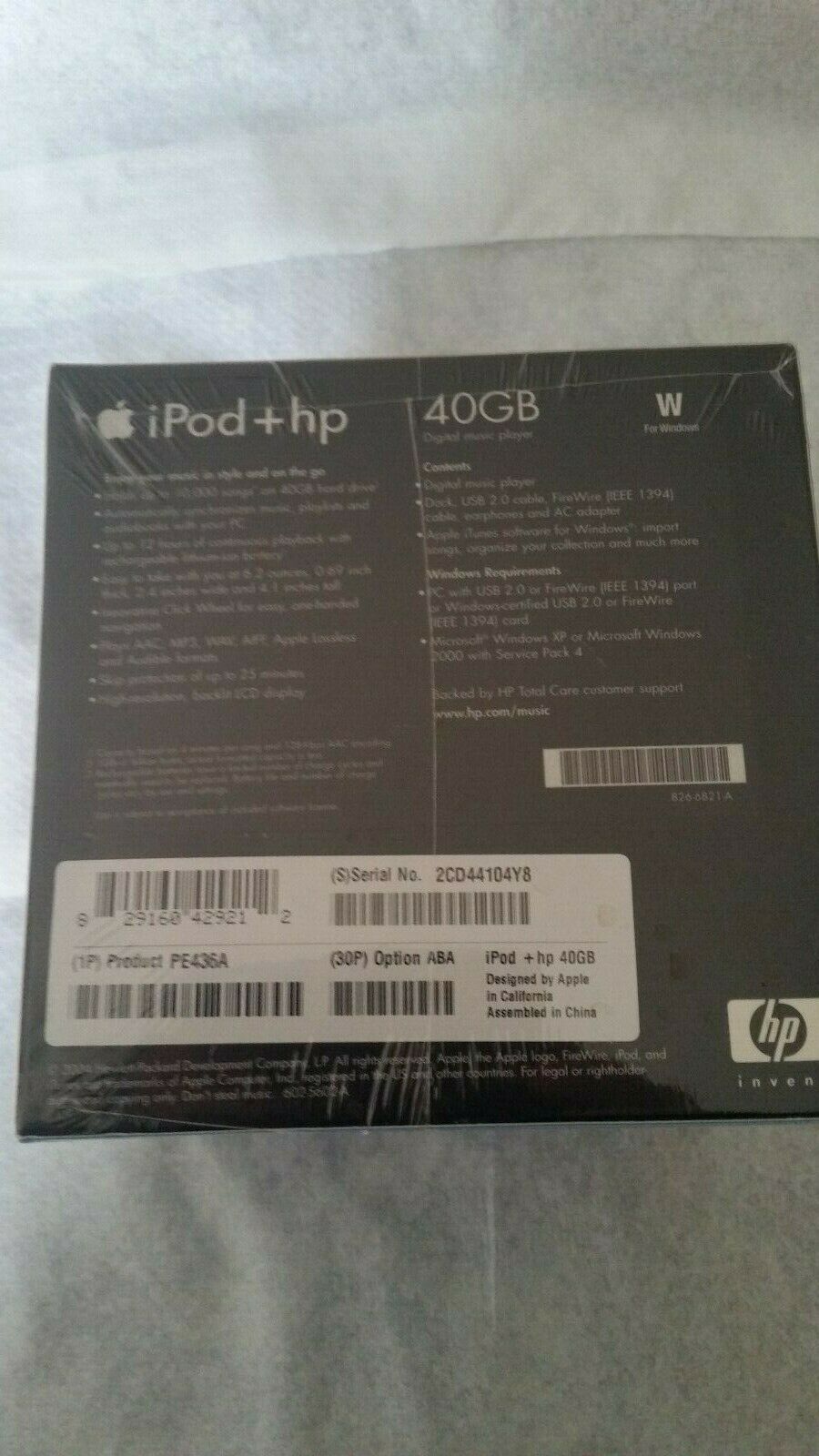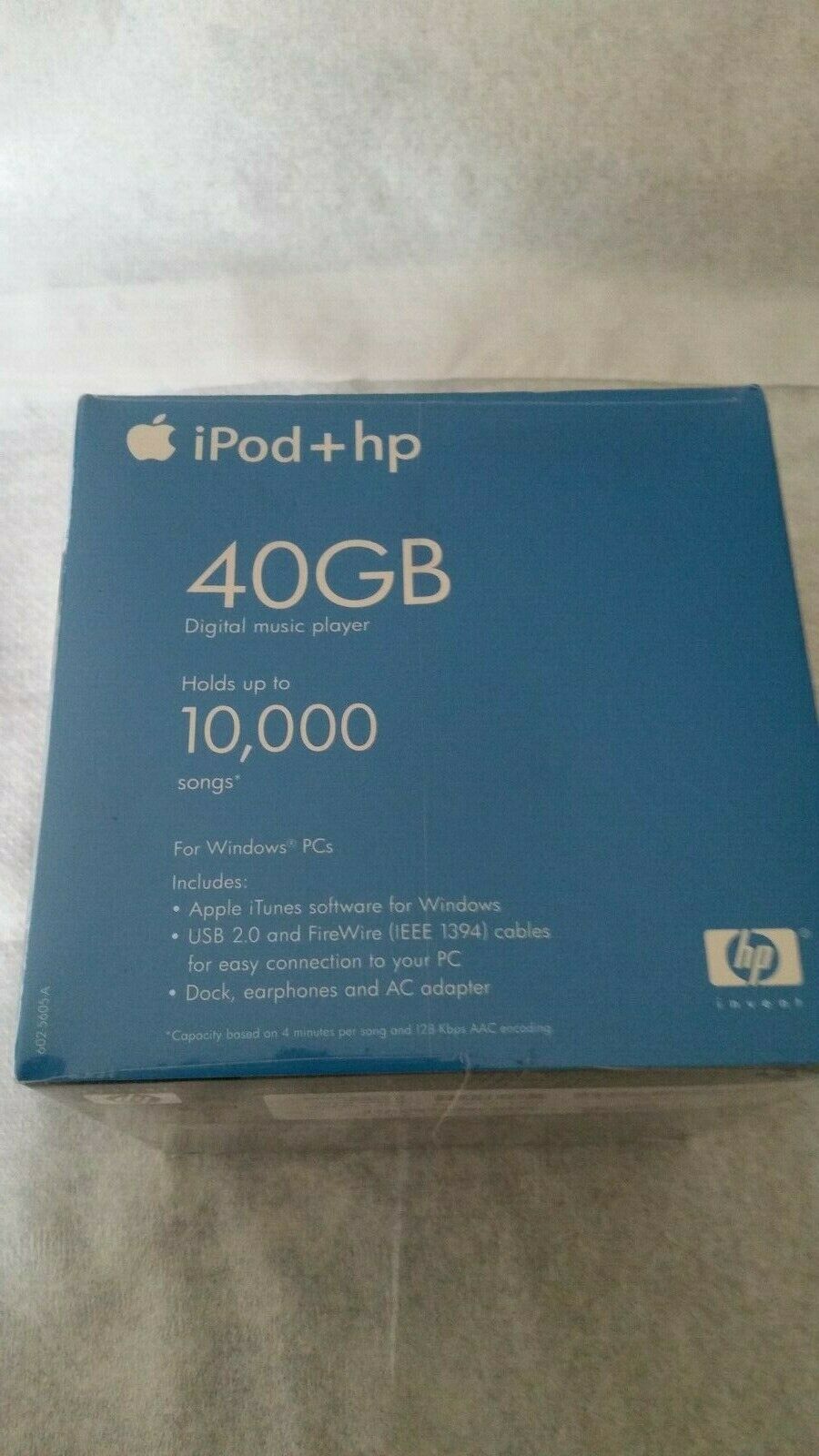In January 2004, at the CES fair in Las Vegas, an iPod model was presented, on which Apple collaborated with HP. At that time, Carly Fiorina from Hewlett-Packard showed the prototype in blue, which was usual for HP products at the time, to those present during the presentation on stage. But when the player saw the light of day, it boasted the same light shade as the standard iPod.
The companies Apple and Hewlett-Packard have been linked in a way for many years. In his youth, Apple co-founder Steve Jobs himself arranged a summer "brigade" at Hewlett-Packard, the other co-founder Steve Wozniak also worked at the company for a time, when he was developing the Apple-I and Apple II computers. Many new employees at Apple were also recruited from the ranks of former HP employees. Hewlett-Packard was also the original owner of the land on which Apple Park currently stands. However, the collaboration between Apple and HP as such took some time.
Steve Jobs was not a very enthusiastic supporter of licensing Apple technology, and one of the first steps he took in the 1990s after returning to the company's leadership was to cancel Mac clones. The HP iPod was thus the only case of an official license of this type. In this context, Jobs also abandoned his original belief not to allow iTunes to be installed on computers other than Macs. Part of the agreement between the two companies was that the newly released HP Pavilion and Compaq Presario series computers came pre-installed with iTunes - some say it was a strategic move by Apple to prevent HP from installing the Windows Media Store on its computers.
Not long after the release of the HP iPod, Apple introduced an update to its own standard iPod, and the HP iPod thus lost some of its appeal. Steve Jobs faced criticism from a number of places, in which he was accused of exploiting HP for his own benefit and cleverly arranging the distribution of Apple software and services to owners of non-Apple computers.
In the end, the shared iPod failed to bring in the revenue HP had hoped for, and Hewlett-Packard ended the deal in July 2005—despite having to install iTunes on its computers until January 2006.




Hello, you have a typo in the word Hewlett-Packard. (Hawlett-Packard).
Thanks, fixed.